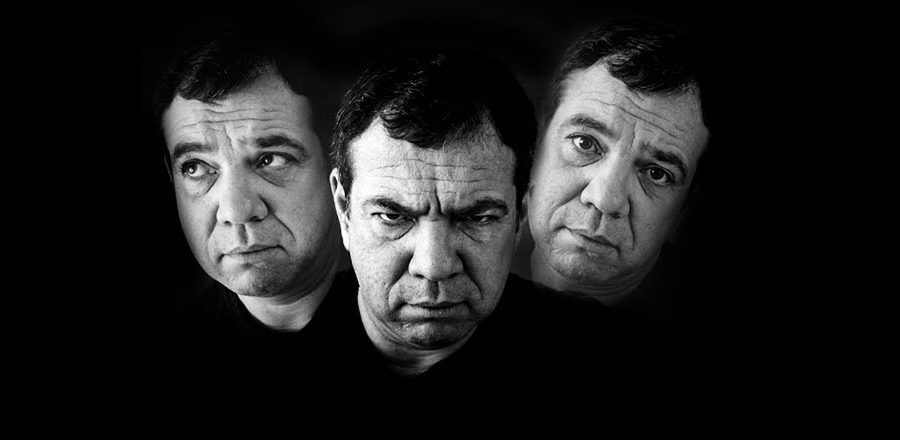Are you feeling unstable about your relationships, moods, thinking, behavior—even your identity? This may be because of Personality Disorder. A personality disorder can be defined as a type of mental disorder in which person is having a harmful and unhealthy pattern of thinking, and behaving. You probably feel like you’re on a rollercoaster—and not just because of your unstable emotions or relationships, but also the indecisive sense of who you are. Spontaneous behaviors, intense reactions and extreme mood swings can make it difficult for people with personality disorder to complete education, maintain personal and professional life and healthy relationships.
Often, people don’t realize or accept that they are having some kind of personality disorder because the way of thinking and behaving seems natural to them. Thus you may end up blaming others for the challenges you face. Personality disorders usually begin in the early adulthood and may become less obvious throughout middle age.
Types of Personality Disorder
1. Obsessive-Compulsive Personality Disorder- While the signs may differ from those of Obsessive-Compulsive Disorder (OCD), an individual with OCPD may have a tough time functioning in daily life due to an obsessive preoccupation with rules.
2. Narcissistic Personality Disorder- Narcissists strictly control a person’s response to them. They are incapable of much empathy and don’t use their limited people skills much.
3. Borderline Personality Disorder- These individuals are considered “borderline” due to the lack of clear ego boundaries that they possess. There are very uncertain about emotional responses and relationships. It also seems that they have tendencies towards suicidal behaviors.
4. Paranoid Personality Disorder- They are preoccupied with the suspicion that others are intentionally trying to do them harm. These individuals behave quite strangely and their day-to-day lives can become increasingly controlled by their fears.
5. Schizotypal Personality Disorder- These individuals have a limited zone and they seem to be living in a world of their own. They carry the odd beliefs about the world around them and are highly resistant to any kind of interpersonal relationship.
6. Antisocial Personality Disorder- These individuals exhibit behaviors that reflect ignorance for the feelings or personhood of others. They also seem to lack a sense of morality or honesty. The primary objective or motivation of these people is typically getting what they want and this group shows little empathy.
7. Avoidant Personality Disorder- These individualsseem to find reasons to avoid relationships including with their families, peers, or potential romantic partners because of their fear of being rejected.
8. Histrionic Personality Disorder- These individuals are desperate to get attention in whatever way they must, whether it’s physical appearance or super-sized emotional displays, these person do what they can to make sure everyone knows what they are feeling or needing at that moment in time.
Cause of Personality Disorder
Personality disorders are caused by a combination of genetic factors, such as a family history of disorders and upbringing. People who have a disrupted life in early childhood and youth can develop personality disorders in later life.
Treatment
People having personality disorder can find it very difficult to acknowledge and accept the reality, but treatment may help. Treatment of personality disorders is usually long lasting.
Medication is one of the element of treatment. If you are concerned that you, or that someone you care about, may have personality disorder, contact a mental health professional. Doctor will suggest the required medication. Always discuss about prescribed medication in detail with your doctor.
The other part of treatment deals with thought processes. Negative thought processes can be dealt with through talk therapy. With the help of talk therapy, one can understand more about the condition. With a commitment to long-term treatment, positive and healthy change is within reach. It


